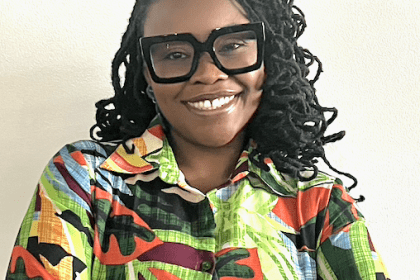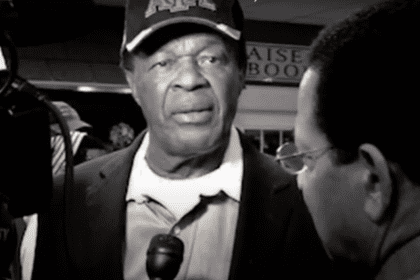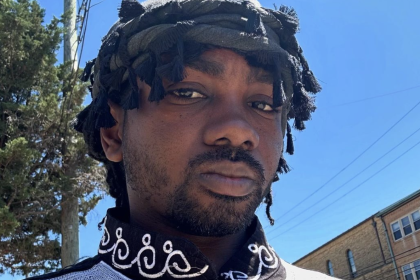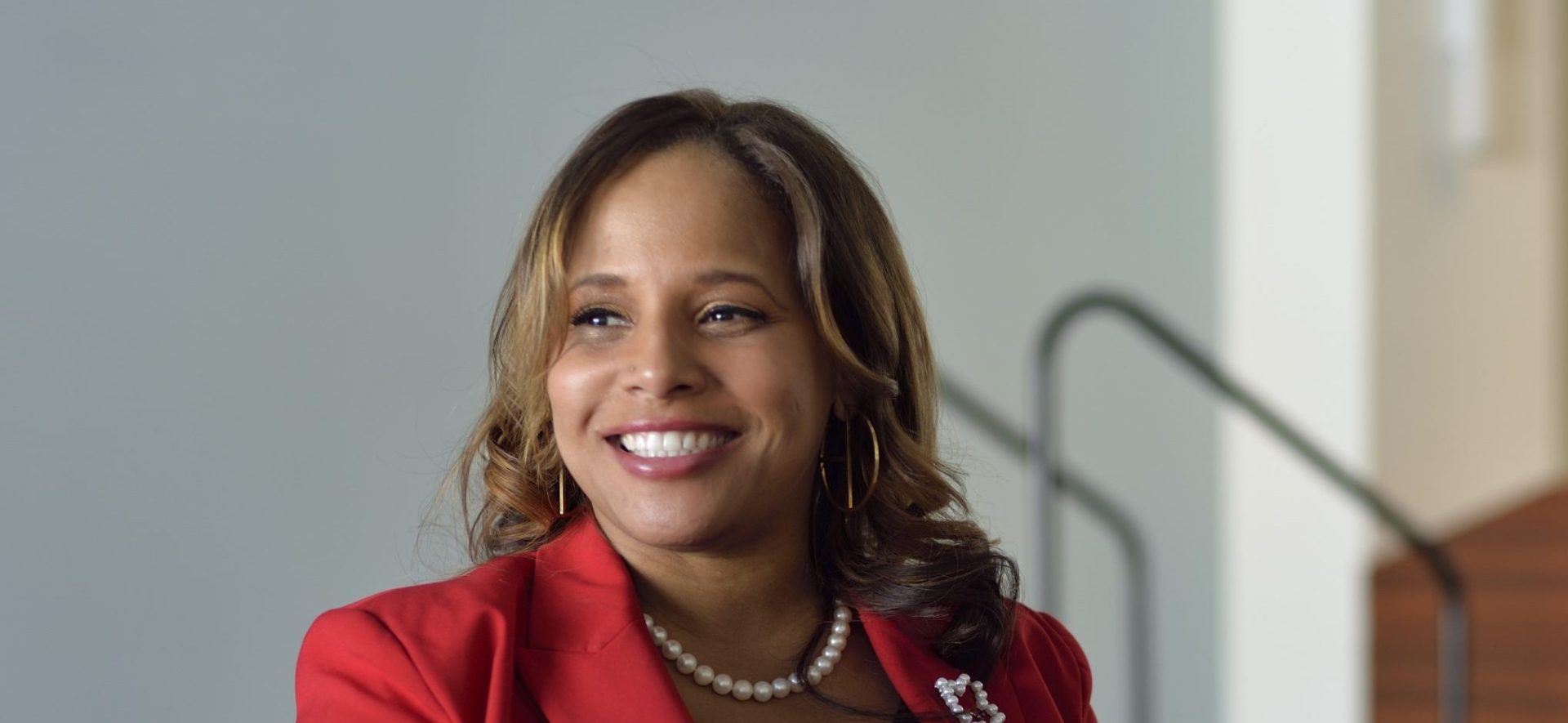
WASHINGTON – The Congressional Black Caucus’ annual Legislative Conference is a magnet for throngs of people, parties, cameras and attention, as well as the annual keynote address from President Obama. But it is one of the few times of the year that it seems able to garner the national spotlight, and that should not be the case.
The tea party, conversely, has generated enough energy from its ceaseless activity to create its own spotlight. They were simply impossible to ignore, regardless of whether you believe their stance was just or unjust, racist or not.
As Frederick Douglass and Malcolm X said in their own ways, when you are fighting for change that interrupts the flow the status quo, there is going to be a struggle. You are going to create a lot of noise. You are going to shake some cages and awaken the sleeping beast, which will cause even more noise. And there is very little noise being made these days from the CBC, sans the outcry for jobs.
I am not the only person questioning why the CBC isn’t the Democratic equivalent of the tea party in terms of being a dynamic entity that inspires movement and progress. If anything, the CBC should be making more noise than the tea party because their stance is a just and principled one. There’s really no other congressional caucus that can boast a monolithic voice that represents Democratic strongholds throughout the country and puts the needs of the underrepresented at the top of their agenda.
The tea party’s power can be attributed to three things: a simple message, strong leadership, and being a relentless, disruptive force on the political landscape, particularly within the Republican Party. These happen to represent the reasons the CBC doesn’t capture the attention or imagination of the majority of its constituency. They don’t seem to disrupt anything. And its flagship event, the annual legislative conference, has become known more for its expensive, elaborate parties than being a fortress of sociopolitical strategizing. In fact, it was widely reported last year that the CBC Foundation spent more on its signature parties than on the scholarships for the legion of disenfranchised young students it was designed to help.
But that’s not the only reason the CBC lacks the tea party’s influence:
1. The CBC Lacks a Strong Message: The tea party showed that there is great, transformational power in a singular voice, regardless if it is based on truth or not. While the CBC is indeed focused on issues affecting black citizens, they don’t have a particular issue that the urban electorate can wrap their hearts and souls around.
2. Lack of Imposing Leadership: The CBC’s chairman, Rep. Emmanuel Cleaver, needs to apologize to no one for the work he has put in, and his illustrious career speaks for himself. But how many people in the black community at large know who he is? That is a serious problem. And just what is his message? There is a tragic and perhaps irreversible disconnect between the CBC and the black community it represents. The two sides don’t seem to know each other very well.
3. Lack of a Directive: The CBC must be willing to influence the black electorate to the point that, if necessary, they demand that African Americans stay home and a GOP candidate may win as a result. There may be loss and pain in the short term, but the long-term benefit will override the temporary discomfort. It’s called delayed gratification or, as we say in the community, “pain before pleasure.” The Democratic Party will finally have to pay attention to the one entity within their ranks that they’ve always condescendingly dismissed.
4. Inability to Leverage Its Power to Garner Substantial Gains:
There is a way to be a disruptive force, but do so in a way that brings about substantial change that benefits the masses. The Civil Rights Movement, the sociopolitical predecessor to the CBC, is evidence of this. There needs to be more of Rep. Maxine Waters’ fire and passion within the CBC. If power doesn’t respond to humane and reasonable discourse for change, then you must start biting off some heads. Power doesn’t relinquish its hold willingly; you have to demand it and take it.
5. Unwillingness to Call the Democratic Party on the Carpet: It is almost an open secret that the DNC has used and exploited the black vote since the days of those beloved Kennedys. Since its inception in 1971, the CBC has yet to pull back the sheet off the DNC and hold them accountable in ways that hurt. Some black conservatives and those who shun Democrats now derisively refer to the DNC as the “Demon-cratic Party” or the “Democratic Slave Plantation” that blacks are afraid to escape from to find a better future for their families and community.
Blacks and the CBC need to let Democrats know that they mean business. The Democratic Party desperately needs the black vote, particularly in places like North Carolina, Mississippi and Indiana. But until we demonstrate that we will pull back the vote from the DNC unless they start meeting our demands, concrete changes will never come.
“Given where the enormous rise in Democratic turnout and where those turnout increases occurred, it is virtually certain that African Americans were a major factor in Democratic turnout increase and Democratic victories in Indiana, North Carolina and Virginia,” said Curtis Gans, the director of American University’s Center for the Study of the American Electorate.
With this knowledge at hand, it is inexcusable and indefensible that the CBC and the black community keep getting pimped, and that we continue to allow shameless and unscrupulous white opportunists posing as benevolent political saviors to come into our churches and kiss our babies without even demanding even a modicum of accountability. The tea party wouldn’t stand for it.
–terry shropshire
















